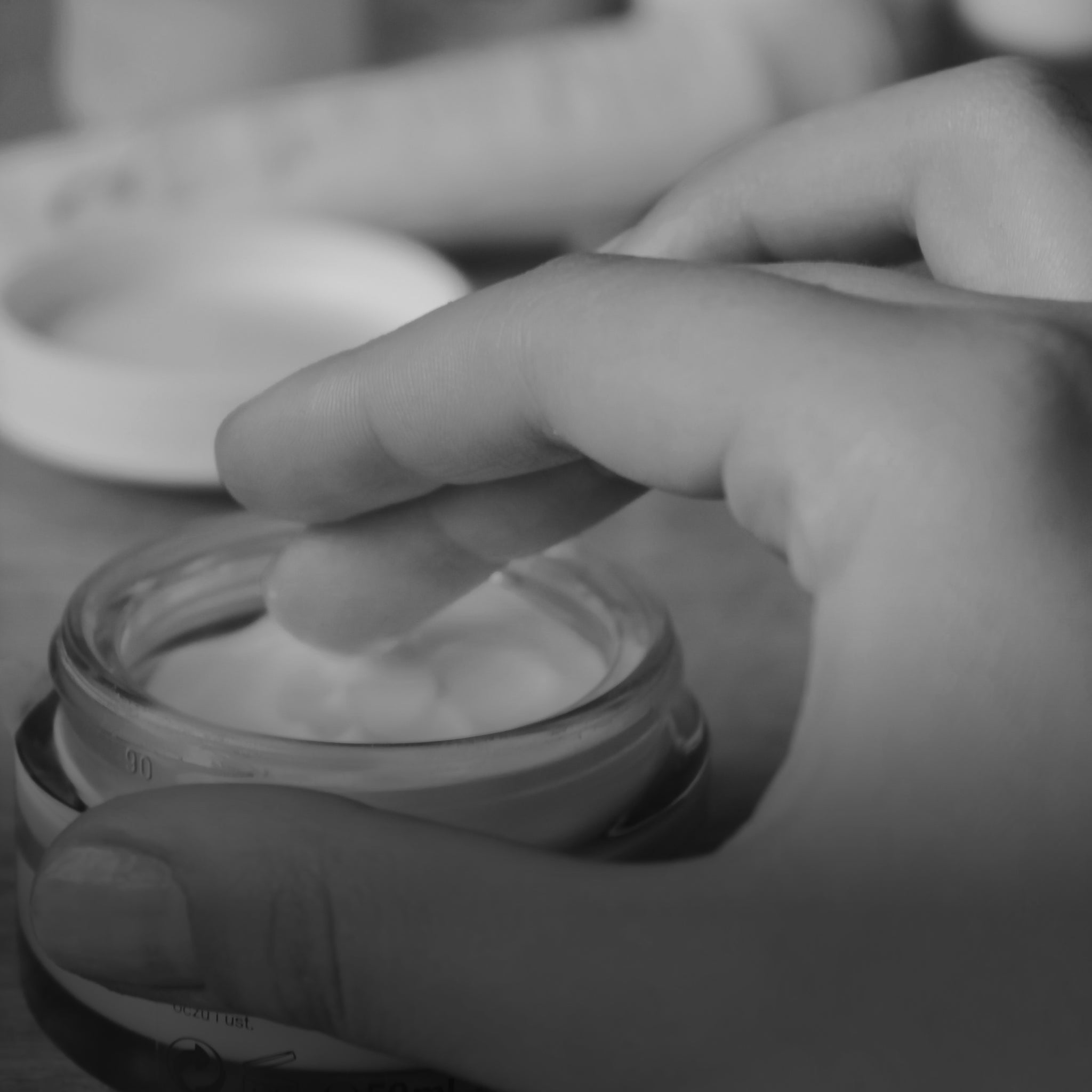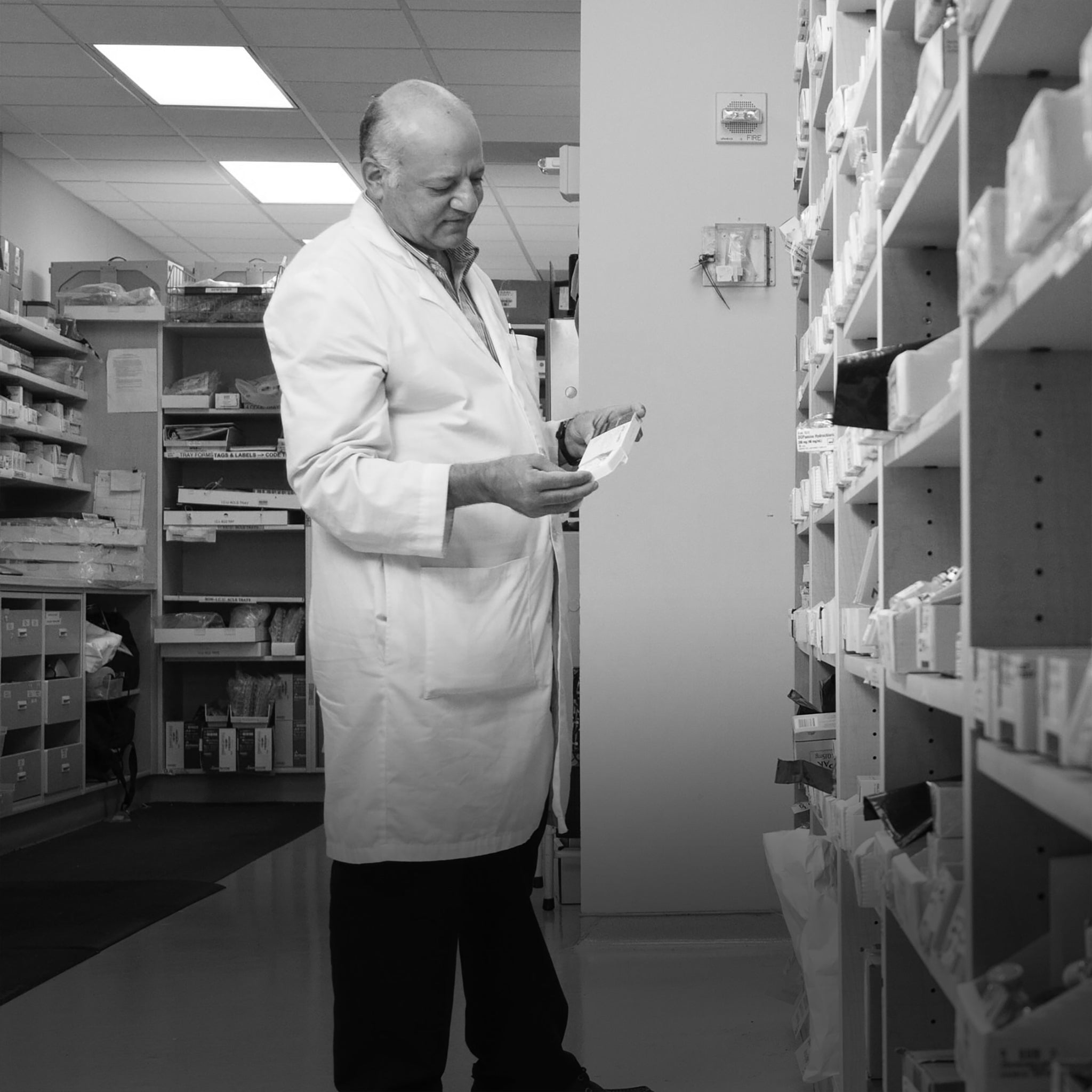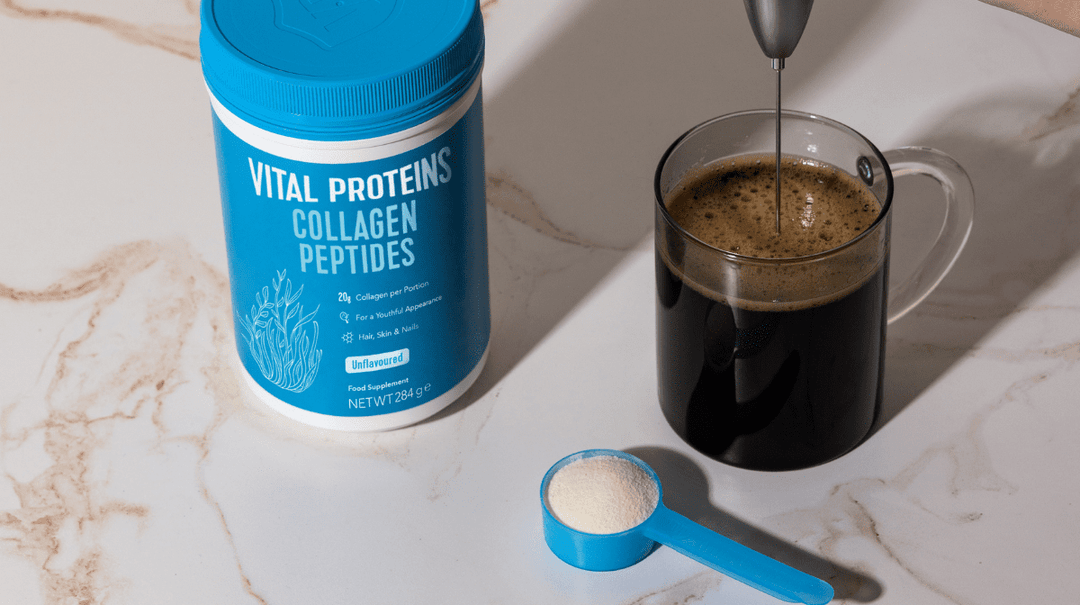Tarmmikrobiomet
Så hvad er tarmmikrobiomet?
Dit mikrobiom er et massivt økosystem, der består af op til billioner af organismer såsom bakterier, gær, svampe og vira, der lever i din fordøjelseskanal. Tilsammen vejer disse op til 2 kg – det er tungere end den gennemsnitlige menneskelige hjerne!
Det menneskelige tarmmikrobiom og dets rolle i sundhed er genstand for omfattende og løbende klinisk forskning. Hvad vi ved er, at mikrobiomet er involveret i grundlæggende metaboliske, ernæringsmæssige og immunsystemfunktioner. Derfor er det så vigtigt at beskytte mikrobiomet og understøtte dets fortsatte sunde balance.
Hvorfor skal du bekymre dig om dit mikrobiom?
Den menneskelige mikrobiota består af de 10-100 billioner symbiotiske mikrobielle celler, som hver person rummer, primært bakterier i tarmen; det menneskelige mikrobiom består af de gener, som disse celler rummer. En typisk fordøjelseskanal indeholder en stor samling af mikrobielle samfund, herunder: bakterier, gær, vira, arkæer og svampe.
Alle disse bakterier betyder, at din tarm er næsten lige så forskelligartet og tæt som Amazonas regnskoven. Og det er en god ting, fordi en mangfoldighed af bakterier i tarmen er forbundet med stabilitet og modstandsdygtighed, hvilket er en pålidelig indikator for tarmens sundhed. Og interessant nok har forskning vist, at sammensætningen af tarmmikrobiomet kan ændre sig med diætintervention, stressniveau og søvnkvalitet. Forskere behandler i stigende grad tarmen som sit eget organ og erkender, hvor vitale disse bakterier er, da de nedbryder mad og toksiner, laver vitaminer og interagerer med vores immunsystem.
Du kan passe på dit mikrobiom ved at inkorporere fermenterede fødevarer eller drikkevarer i din kost - disse omfatter kombucha, surkål og kimchi. Hold øje med dit sukkerindtag, da sukker fodrer de dårlige bakterier i din tarm og kan tilskynde til dysbiose. Spis flere fibre, da fiberholdige fødevarer er gode for din tarmsundhed, især præbiotiske fibre, vil tilskynde din krops gode bakterier til at blomstre.
Du kan klikke på dette link for at bringe dig til en række produkter.

















